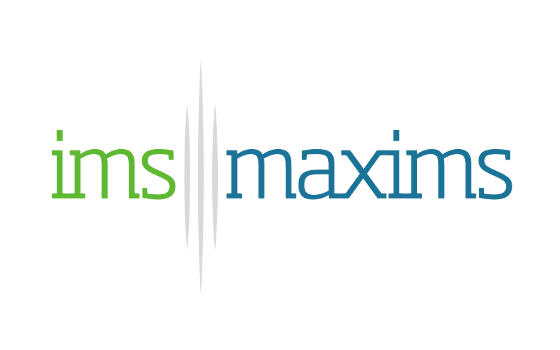 Opinion Article by Shane Tickell, Chief Executive, IMS MAXIMS
Opinion Article by Shane Tickell, Chief Executive, IMS MAXIMSRecently, the Sunday papers and politics programmes were dominated by what the BBC called "a £1.8 billion cash-boost for the NHS."
From this we had learned that £850 million of this will pay for the "20 hospital upgrades" that Boris Johnson promised as he entered Number 10 Downing Street for the first time. But we had also learned that questions were being asked about the cash.
The prime minister implied that people will see the results quickly when, in fact, it will take five years to spend this moneyon a mix of repairs, new wards, and reconfiguration projects.
Think-tanks argued the NHS would need £6 billion just to catch up on backlog maintenance, and £10 billion to run a full-scale capital programme.
They also asked whether the money can be counted as new money, when it has been generated by savings on other parts of the NHS budget that had previously been clawed back by the Treasury.
Any money is welcome, but it won't go far
I don't think these are the right questions. This money may not be new, and it may not go far, but any money for the NHS is welcome.Around £23 million is going to Wye Valley NHS Trust, which is one of our customers; and I know the 72 beds it will pay for in Hereford will make a huge difference to local people.
Instead, I think we should ask why the same investment is not being made in NHS technology.
That's partly because we all know that renovated or new buildings will not be used effectively unless they have the right staff, infrastructure and IT systems.
However, it's more than that. A recent report by Ernst and Young estimated that if they could be consolidated into a single, longitudinal data set, the NHS’ 55 million patient records could be worth around £10 billion a year.
The report, 'Realising the value of health care data: a framework for the future', calculates that half this sum is the market value that this data would have if the NHS was a commercial organisation.
The other half, though, would be delivered to patients in the form of operational savings for the health and care system, better outcomes, and "the generation of wider economic benefits to the UK."
EPRs generate return on investment
A couple of years ago, we ran our own benefits realisation project. So many organisations were asking us how they could afford to invest in electronic patient records that we used an independent analyst model to calculate the cash and efficiency savings that a 'typical' district general hospital could expect to generate.The answer came out at £104.34 million, through a combination of increased capacity in urgent and emergency care, increased capacity on wards, and better use of staff time.
The model suggested that significant numbers of staff days could be saved just by reducing the time taken transcribing notes, handing over from one team to another, and carrying out nursing assessments.
As we know, e-observations are also linked to significant improvements in patient outcomes, when they are linked to the automatic calculation of early warning scores and tools to get help, quickly, for patients at risk of deterioration.
So, that part of the Ernst and Young report feels right; and we shouldn’t overlook its third point. Investing in British health tech companies could deliver a significant return to what another Conservative prime minister used to call UK Plc.
Over past few years, a lot of the money that we have seen put into NHS IT has gone to large, often US companies. I’d like to see some of that cash invested in support for British small and medium sized enterprises that can then use any opportunities that are generated by Brexit to export globally.
Creating a British, health tech unicorn sector
Whenever the idea of investing in NHS IT is put forward, we are told that it would be pointless, because we blew £12 billion on the National Programme and got nothing for it. I can understand the caution, but things have moved on.The NHS has moved on. Technology has moved on. Our understanding of the leadership and engagement required to make a success of health tech deployments has moved on. Also, I’m not proposing a £12 billion programme.
In Silicon Valley, a start-up worth $1 billion is known as a 'unicorn' and what I am proposing is that the government should make a unicorn-level of investment in indigenous health tech. If we assume that it should be possible to deliver a 1:10 return on investment, that £1 billion would generate £10 billion.
That is £10 billion that we could invest in a proper NHS capital programme. Or in the kind of prevention initiatives that would deliver the healthier workforce we need to address the challenges posed by an ageing population and to generate the tax revenues that we need for other government priorities, from education to defence.
So, that's my question. Any money for the NHS is welcome. This money will make a difference. But why spend a relatively small sum patching up a few hospitals, when we could invest in health tech, generate money that could be spent strategically, and support British businesses into the bargain?